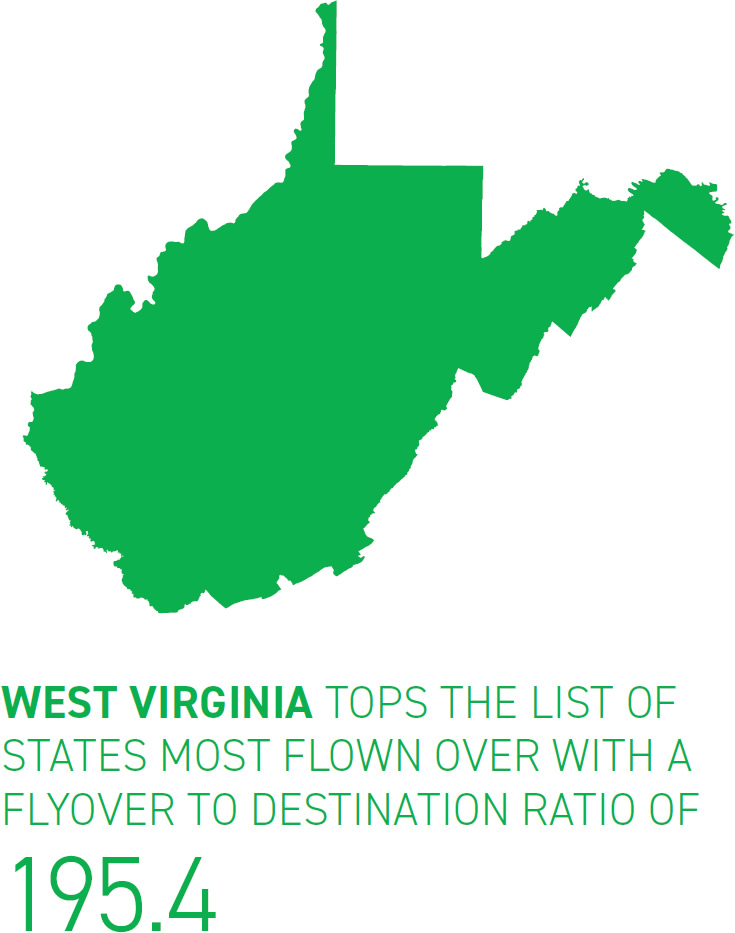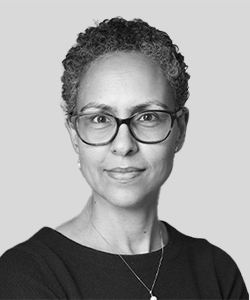
It is a truth universally acknowledged – to borrow a famous literary bijou – that an American in possession of a vast fortune must be dwelling on either the West or the East Coast. After all, California’s economy surpassed the UK’s in the middle of last year, its gross domestic product of $2.7 trillion making it the world’s fifth largest, while an assessment of the East Coast’s major economies yields similar results.
“Major cities like Chicago, Dallas and Houston have an abundance of wealth … there are billionaires and multi-billionaires throughout the country.”
Middle America

But it’s folly to overlook the burgeoning commercial potential nestling in parts where the phrase ‘ocean views’ isn’t popular real estate parlance, according to Laura Dadswell, Partner and Co-Head of Private Wealth at Penningtons Manches Cooper. “We characterise the situation as being new money on the West Coast – tech whizz-kids, moneyed by the age of 30 – and older money on the East Coast,” she says. “But there’s a whole realm of wealth and sophistication between the two that people forget about.
Elizabeth Carson, Family Partner at Penningtons Manches Cooper, agrees. “Major cities like Chicago, Dallas and Houston have an abundance of wealth,” she says. “There are billionaires and multi-billionaires throughout the country.”
Indeed, 10 of the top 20 in the current Forbes 400 are based on neither coast, with the likes of Charles Koch (Kansas), Walmart’s Jim Walton (Arkansas), Warren Buffet (Nebraska) and Michael Dell (Texas) also making an appearance. Meanwhile amongst the younger American billionaires on the list are Ernest Garcia III, CEO and Co-Founder of Arizona-based Carvana, and Scott Duncan, heir to Texas-headquartered Enterprise Products Partners.
Ben Cook, CEO at Colmore – a fintech company with offices in London, Zug and Dallas – cites Texas as a major example of the immense wealth in what are somewhat disparagingly referred to as ‘flyover states’. “You have oil in Houston, technology in Austin and financial services in Dallas, driving significant wealth creation,” he says. “The technology sector has created immense value for individuals, and whilst the West Coast is its traditional base, it’s also hugely expensive to live there. Texas is becoming a ‘go-to’ destination for people relocating: this spread of wealth seems certain to continue.”
HAND DOWN OR HAND OVER?
How HNWI Americans accrue their wealth and conduct their financial affairs has long been subject to cultural distinctions. “New York, for a long time, has held an attraction in terms of family money or family-owned corporates,” says Dadswell. “Discussions about succession are around management of family businesses down the generations, what to do with the personal wealth that flows out of that and ensuring children don’t get access to it too early. Conversely, the tech generation’s wealth is much more about private and philanthropic foundations. Money that comes quickly doesn’t generate the same mindset as inherited wealth.”
In an era of growing financial inequality, consciences amongst the wealthy are being pricked. Far from flocking to the seven states – Alaska, Florida, Nevada, South Dakota, Texas, Washington and Wyoming – in which no personal income tax is levied, some are seeking to pay more. Earlier this year, super-rich notables including George Soros and Facebook’s Co-Founder Chris Hughes signed a letter imploring 2020 US presidential candidates to alleviate inequality and climate change via a wealth tax.
Cultural shifts
What are the implications of a more homogenous wealth map? It seems reasonable to anticipate more uniform attitudes towards succession planning, structuring, wealth management, taxation and philanthropy, and a merging of regional wealth cultures (see box). “There have always been top-notch wealth advisers in non-coastal locations,” says Erin Fraser, an Associate at Farella Braun + Martel. “With the appreciation of extreme wealth in some ‘untraditional’ markets and more connectivity generally, those advisers that were a local secret have had an opportunity to grow and build a bigger brand. As cities become hotspots for tech campuses and the wealth that often trails behind, advisers with long-standing reputations for client service will provide real value.”
And for the HNWIs flocking to emerging regional destinations in the future? “An individual with residences in multiple states and multi-jurisdictional business interests may have some very complex problems they have to work through annually. This means that finding, and keeping, a trusted set of advisers is more valuable than ever. What the set of advisers looks like is flexible: from forming a family office or joining a multi-family office, to managing a team of advisers without a formal structure. In any case, clients are seeking advisers that can work seamlessly through complex issues as part of a team.”
Emerging prosperity between the coasts will be a self-perpetuating phenomenon, in all likelihood. As these central states grow to rival the coastal zones as a destination for overseas investment and as a place to live and work, that vast expanse we call ‘The Heartlands’ may become one huge bullseye.
 Back to Edition 1 - The united issue
Back to Edition 1 - The united issue




 Back to Edition 1 - The united issue
Back to Edition 1 - The united issue



